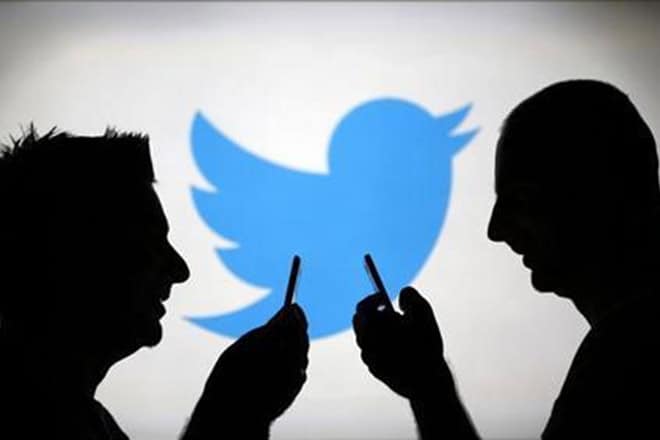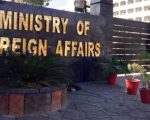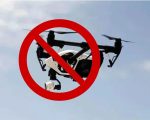With internet accessible to masses the question of digital safety is on rise. In the digital world, anyone can say anything to anyone, thus, different applications developed their own set of rules to ensure the digital safety of the users, with the monitoring from government institutes.
Talking about the digital safety in an online world, Twitter took some serious steps to develop its hateful conduct policy. After Twitter updated its hateful conduct policy in 2014, many shared their enthusiasm and called the policy pretty sane. Some bloggers conducted experiments to check the effectiveness of new terms and the result was altogether pleasing for the users.
According to the policy against violence and physical harm, Twitter will suspend or delete your account if you make specific threats of violence or wish for the serious physical harm, death or disease of an individual or group of people. Twitter will also take actions against your account if you threaten or promote terrorism.

As good as it may sound, Twitter’s failing to remove accounts which boast threats.
A terrorist hailing from Balochistan, Allah Nazar Baloch is making serious threats on Twitter, while confessing to his past crimes, but no action has been taken against him by the tech giant.
The leader of Baloch Liberation Army (BLA), an organization classified as a terrorist outlet by Government of Pakistan, Allah Nazar Baloch took to Twitter to call Sarfraz Bhugti an SSG puppet:
1/2. I’m in the battlefield. ISI puppet @PakSarfrazbugti, ask your SSG commandos how many corpses they took on Aug 22, 2017 in Kolwah, Kech.
— Allah Nazar Baloch (@DrAllahNizar) November 3, 2017
Baloch called Baluchistan a “guerilla heaven” and pointed towards the barbaric Awaran attack carried out by him in 2013:
2/2. I’m still in guerrilla heaven. It’s your good luck that you escaped in 2013 Awaran attack otherwise been consigned to hell.
— Allah Nazar Baloch (@DrAllahNizar) November 3, 2017
Allah Nazar, in his tweets, called Sarfraz Bugti names, which is a clear violation of Twitter’s hate speech policy:
1/2. @PakSarfrazbugti I’m a son of the soil and you are a mercenary. You always brag for bread. I will teach you what war really is….
— Allah Nazar Baloch (@DrAllahNizar) November 3, 2017
Baloch’s didn’t just call names but vowed to hold people, who got his wife’s confession, accountable:
2/2. ..You’ve taken a forced confession of my wife. Now she is having a nervous breakdown. You will be held accountable for these war crimes
— Allah Nazar Baloch (@DrAllahNizar) November 3, 2017
It’s unclear why despite the clear violations of violence and hate speech Twitter hasn’t suspended the account of a terrorist.
This isn’t the first time Twitter’s policies raise suspicions. In September 2017, Donald Trump tweeted against North Korea and despite getting complaints Twitter didn’t take any action, however, gave a lousy explanation:
THREAD: Some of you have been asking why we haven’t taken down the Tweet mentioned here: https://t.co/CecwG0qHmq 1/6
— Twitter PublicPolicy (@Policy) September 25, 2017














